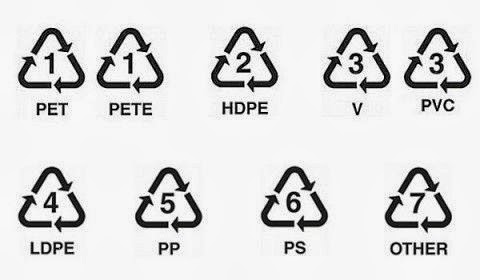Teoría de Juegos: los chimpancés alcanzan el juego óptimo del teorema de Nash
Un grupo de científicos publicó los resultados de un estudio que muestra que los chimpancés tienen iguales o mejores habilidades que nosotros en un juego matemático cuyo objetivo es predecir la estrategia del rival.
Para jugar, los participantes, una pareja de chimpancés o una pareja de seres humanos, se colocan de espaldas el uno del otro frente a sendas pantallas de ordenador y empujan un círculo en la pantalla. Luego seleccionan uno de los dos cuadrados de color azul que aparecen en la parte izquierda o derecha de la pantalla.
Después de que ambos jugadores hayan elegido un cuadrado u otro, el ordenador muestra a cada jugador la elección de su oponente. Esta acción se repite hasta 200 veces por partida. En función del rol que tengan en cada momento, el objetivo de los jugadores puede ser elegir la misma selección que su rival o evitar que el rival coincida en la elección.
El Juego de Inspección modela este tipo de situaciones y proporciona métodos para cuantificar las opciones de comportamiento. Sin embargo, por muy inteligentemente que usted juegue, si su oponente también es un buen estratega, hay un límite en la frecuencia con la que se puede ganar. Ese límite es conocido como 'equilibrio de Nash', llamado así por el matemático John Nash, ganador del Premio Nobel de Economía en 1994.
En su estudio los científicos afirman que los chimpancés aprendieron el Juego de Inspección rápidamente y casi alcanzaron las predicciones del teorema de Nash para el juego óptimo.
 |
| Figure 1: The trial progression, touch-panel setup, and game payoffs. |
Revealing their findings in Scientific Reports the researchers speculate the chimp success may be because they have such good short-term memories and pattern recognition skills. They note that “Games are mathematical distillations of the basic action-payoff structures of ecologically valid situations.”
An alternative, even more intriguing, theory is that chimpanzees' natural competitiveness helps them adapt to the games quickly, while humans' cooperative instincts may get in the way. “Experiments also show that chimpanzees are better at competitive tasks than at comparable cooperative ones,” they note. On second thoughts, maybe you don't want a chimp as your partner at cards, but in a one on one contest with a human don't bet on our species.
PAPER
Autores:
Department of Brain and Behavioral Sciences, Kyoto University Primate Research Institute, Inuyama, Aichi 484-8506, Japan
Christopher Flynn Martin &
Tetsuro Matsuzawa
Division of the Humanities and Social Sciences, Caltech, Pasadena CA 91125, USA
Rahul Bhui &
Colin Camerer
Department of Finance, University of Utah, Salt Lake City, UT 84112 USA
Peter Bossaerts
Computation & Neural Systems, Caltech
Peter Bossaerts &
Colin Camerer
Abstract
The capacity for strategic thinking about the payoff-relevant actions of conspecifics is not well understood across species. We use game theory to make predictions about choices and temporal dynamics in three abstract competitive situations with chimpanzee participants. Frequencies of chimpanzee choices are extremely close to equilibrium (accurate-guessing) predictions, and shift as payoffs change, just as equilibrium theory predicts. The chimpanzee choices are also closer to the equilibrium prediction, and more responsive to past history and payoff changes, than two samples of human choices from experiments in which humans were also initially uninformed about opponent payoffs and could not communicate verbally. The results are consistent with a tentative interpretation of game theory as explaining evolved behavior, with the additional hypothesis that chimpanzees may retain or practice a specialized capacity to adjust strategy choice during competition to perform at least as well as, or better than, humans have.


Comentarios